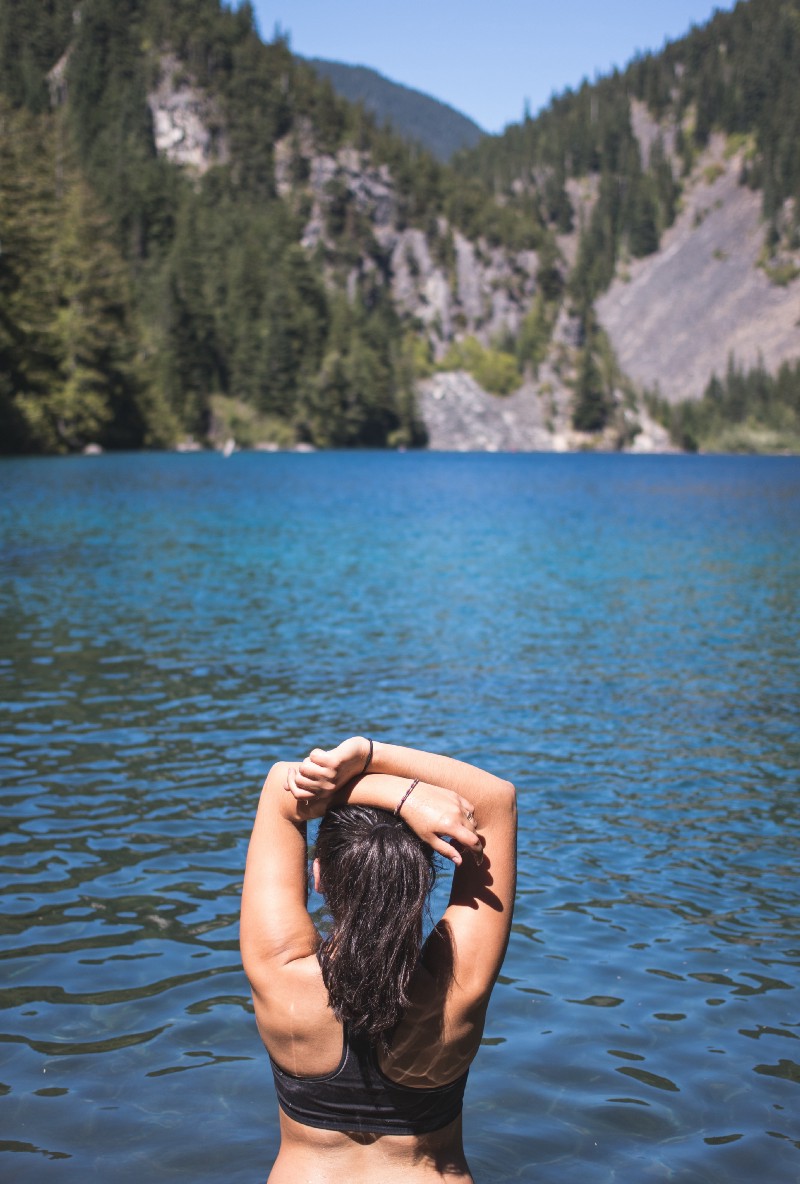
Peak summer continues, and we’re soaking up every second of sunshine we can. We spoke with certified dermatologist, Cybele Fishman, to learn all things sunscreen and summer skincare.
Splendid Spoon: Should we use sunscreen every day? Even when the sun’s not shining?
Cybele Fishman: Yes! There are several reasons why. One is that it’s a good habit. If you do it daily, you’re less likely to forget when the sun’s out. Also, cloudy days still allow about 40% UV radiation to get through. Some of the worst sunburns I’ve seen have been because patients didn’t think they needed sunscreen on a cloudy day.
SS: What SPF should we use?
CF: I suggest SPF 30 or higher, and I much prefer a mineral screen containing zinc oxide or titanium dioxide to the chemical sunscreens.
SS: What does SPF mean? What do those numbers correlate to?
CF: SPF stands for sun protection factor. It only measures the protection from UVB rays, not UVA. UVA is responsible for increased risk of melanoma, as well as premature aging of the skin. So you should look for a sunscreen that’s high SPF and says Broad Spectrum (this means it protects against UVA as well). SPF 15 filters out approximately 93% of all incoming UVB rays. SPF 30 keeps out 97%, and SPF 50 keeps out 98%.

SS: What’s the difference between UVA and UVB rays?
CF: To keep it simple, UVA penetrates deeper than UVB. Both contribute to aging and skin cancer. UVA penetrates through car glass as well, so make sure you use a broad spectrum sunscreen if you’re a driver or passenger. And if you’re a driver, don’t forget your hands!
SS: When purchasing sunscreen, what should we look for? Are there any products you recommend?
CF: I prefer a mineral sunscreen to a chemical one and choose SPF 30 or higher. The mineral ones don’t cause allergic reactions, and don’t harm coral reefs, like some of the chemical ones do. My favorite brand is Elta MD. I use the UV Clear SPF every day, and the UV Elements at the pool or beach as it’s water resistant.
SS: Any sunscreen application tips we should follow?
CF: Use way more than you think you need! In every sunscreen study I’ve read, patients under-apply sunscreen and therefore aren’t as protected as they think they are.
SS: What sun-damage warning signs do we need to look out for?
CF: In adults, new moles or changing moles, or new growths that bleed or scab and don’t heal.
SS: If we do get sunburnt, what should we do?
CF: Take anti-inflammatories like ibuprofen or naproxen. Drink electrolyte-enhanced water. A bad sunburn can mess up your electrolyte balance. Get 1% hydrocortisone over the counter and natural aloe gel without chemicals or alcohol in it. If you have a fever, go to the ER — you may need oral steroids or IV hydration.
Want to spend more time soaking in the sun on your vacay and less time wondering what to eat? Send a shipment of Splendid to your destination! Learn how here.
